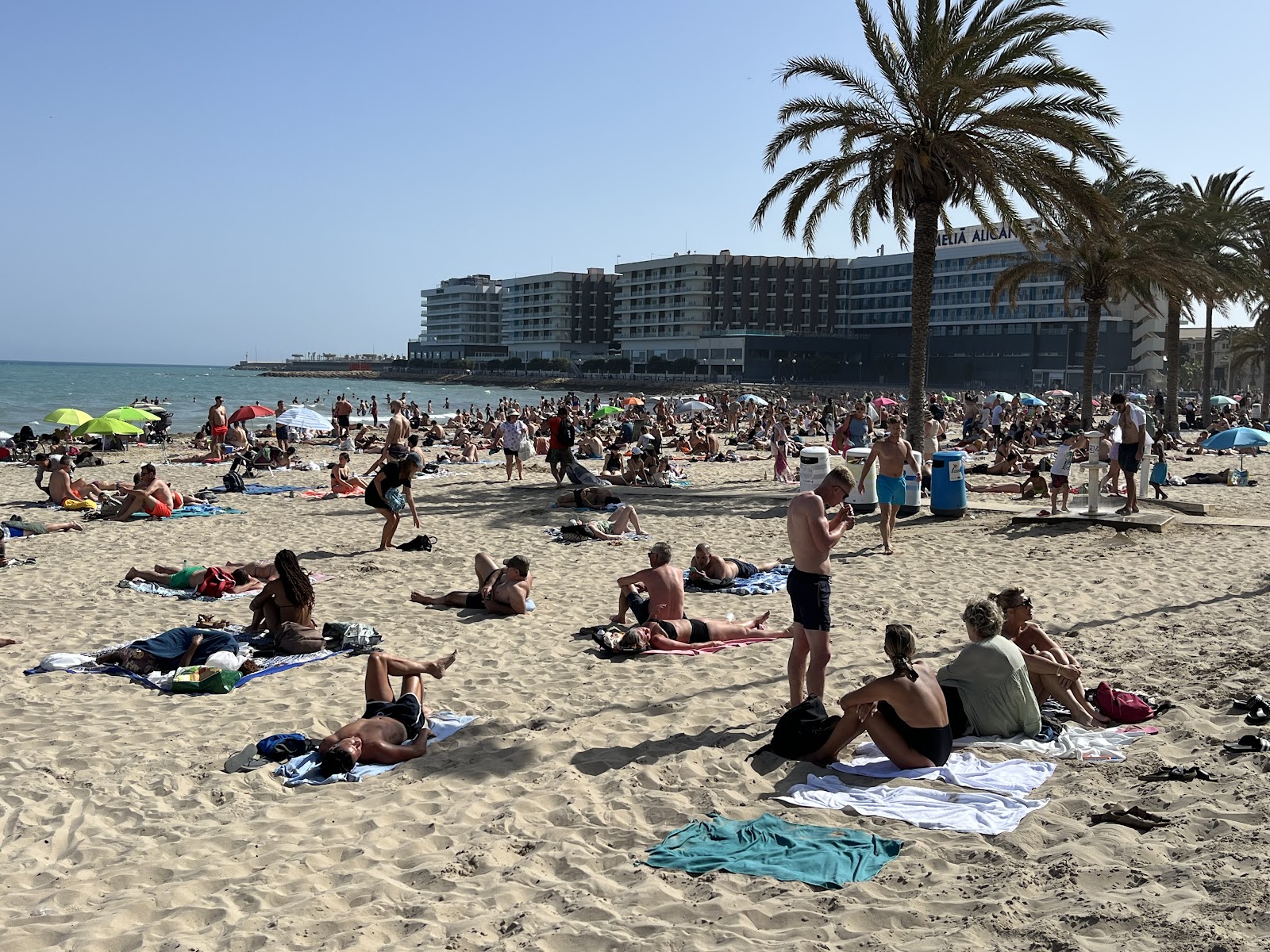Alicante! What's in a Nombre!
The word of the day is Nombre!
As feared in our opening salvo of this journey, it is happening! We are falling in love with Spain. From a screaming match from a bus rider on the bus from Getaria to Bilbao, to the embraces of our guides at Monserrat and our cooking class mentor, we could see Spain as a vibrant and alive culture filled with loving and kind people. The talking is done with your hands and your whole body. The group of men outside our apartment in Alicante, having breakfast at a small café. About 10 men talking and having a wonderful visit. One was taking care of his infant baby. Interestingly the wives were not often seen at these tables of men. We neither sought nor found an answer for this part of the culture. Just observing.
Our quote of the day is from Walt Whitman, via Ted Lasso, “Be Curious, Not Judgmental.”
The current culture is one that is oriented to the needs of tourists and tourism. We met people from Canada, Sweden, Hungary and the US. Some in our cooking class. Others as we were venturing into other places. Many were only on a long weekend holiday. We heard a lot of Italian spoken. There were three cruise ships in the port on the four days we were there. Not surprisingly, the amount of spoken English is commensurate with this large tourism population. Finally, there is a large ex-pat population in the Alicante area. As much as 20% of the population of Alicante is foreign born.
As we arrived on April 30th, we had no idea that May 1st was a national holiday. May 1st is Spain's Labor Day celebrating labor the same way we do. Our apartment happened to be overlooking a street on which people paraded for over an hour. Their parades are not floats and bands, but rather people marching, with tall cane reeds with a leaf on the end. They numbered in the thousands.
Santa Barbara Castle is literally a city built on top of a hill, or more correctly, a series of hills. It did not matter who you were, the Moors, the nobility of Spain, and others, there was always someone trying to take over your kingdom. What better defense than an impenetrable castle with steep, cliff walls and its own water supply. This was a self-contained ecosystem (crops, rabbits, chickens, and pigs) to support life within the castle and it didn’t matter how long they may have been surrounded by adversarial forces; they could still wait them out. Attempts to take the castle were met with spears launched from above, advantage to those on the high walls.
But alas, they all fall. Who knows why. Maybe internal strife. Maybe all the other Moor and Muslim rulers left Spain. Maybe the castle was just too much to keep up with in peacetime.
Here are some of the views within the castle as well as view looking out over the now city of Alicante and the Mediterranean Sea.














Comments
Post a Comment